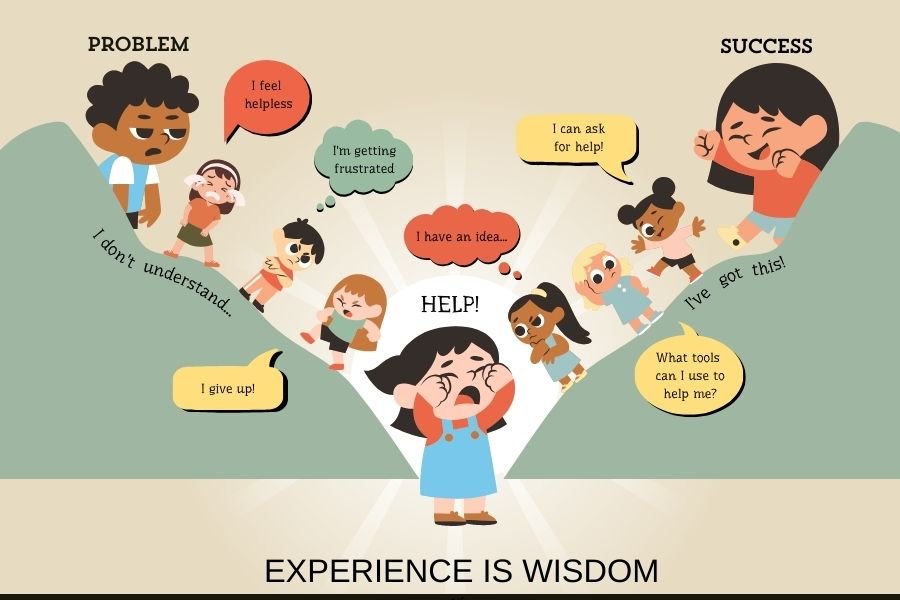Everyone’s talking about mindfulness these days. But what is it? And how does it change the way we think and feel? Mindfulness is all about being present in the moment. It’s about noticing what’s happening around and inside you without judgment. Think of it like hitting the pause button on your life. When you practice mindfulness, you create a space between your feelings and your actions. This space is where the magic happens.
Usually, we react to things without thinking. Someone cuts us off in traffic, and we get angry. Someone says no to us, and we feel rejected. It’s like our brains are on autopilot. Mindfulness helps us break free from this autopilot mode. It gives us a moment to pause before we react. Imagine you’re about to send an angry email. Mindfulness is like deep breathing and asking yourself, “Is this really what I want to say? Is this going to help?”
This pause, this moment of awareness, can make all the difference. It allows us to make choices more in line with our values. Instead of reacting with anger, we might respond with compassion. Instead of feeling overwhelmed, we might decide to find a sense of peace within ourselves. It’s like hitting the brakes before you run a red light. It gives you a chance to make a better decision.
Mindfulness involves paying attention to the present moment without judging or reacting. It can significantly improve mental well-being and has several benefits. How do we practice mindfulness?
- Set aside uninterrupted time each day for mindfulness practice.
- Choose a moment when you can focus on the present without distractions.
- Regularity is critical for reaping the benefits.
- Pay attention to sensations, sounds, tastes, and feelings as you go about your daily life.
- For example, notice the texture of a fence as you walk upstairs.
- Observe your thoughts and emotions as they happen.
- Recognize patterns and learn to stand back from your thoughts.
- Ask whether brooding about a problem is helpful or if you’re caught up in unproductive thoughts.
Research from Harvard University has shown that regular meditation can change the structure of your brain, increasing gray matter in areas associated with focus, emotional regulation, and self-awareness.
Studies also suggest that mindfulness can alter brain structure and function positively. It may reduce anxiety, depression, and pain perception. Amygdala Regulation: Mindfulness dampens activity in the amygdala (associated with stress) and strengthens connections with the prefrontal cortex (responsible for emotional regulation). Mindfulness-Based Cognitive Therapy (MBCT): Developed at Oxford, MBCT helps prevent depression recurrence. It teaches skills like viewing negative thoughts as passing events and self-compassion. Trials show its effectiveness and that it is an alternative to long-term antidepressant use.
Think of your energy like a bank account. Every time you react impulsively – getting angry, stressed, or anxious – you’re making a withdrawal. Over time, these withdrawals can leave you feeling depleted and exhausted. Mindfulness helps you conserve your energy. By pausing before you react, you choose not to spend energy on things that don’t serve you. This leaves you with more energy for what matters—connecting with loved ones, pursuing your goals, and enjoying life.
Mindfulness isn’t just a trendy term. It’s a powerful tool for transforming your life. By cultivating awareness of the present moment, you can break free from negative thought patterns, reduce stress, and live a more fulfilling life. It’s almost like learning a new language – the language of your mind. And just like learning any language, it takes time and practice. But the rewards are well worth the effort.
At Antaha, we understand that building a mindfulness practice takes time and support. That’s why we offer personalized guidance and a supportive community to help you on your journey. Our compassionate buddies provide a listening ear and practical tools to help you integrate mindfulness into your daily life.
Ready to experience the transformative power of mindfulness? Visit our website today to learn more about our personalized programs and take the first step toward a more mindful, fulfilling life.














